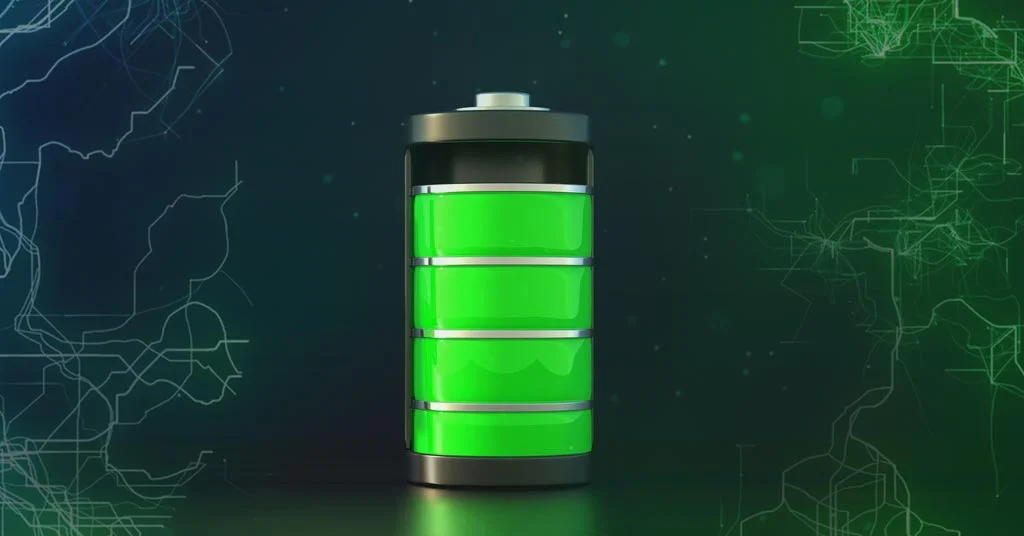Welcome To ChemAnalyst

Muhammad Rizwan Azhar from Edith Cowan University (ECU) has led a research project that has uncovered limitations in lithium-ion batteries, a commonly chosen option for electric vehicles globally. These limitations pertain to issues of cost, finite resources, and safety concerns.
Dr. Azhar pointed out that rechargeable zinc-air batteries (ZABs) are gaining popularity due to their affordability, environmental compatibility, high theoretical energy density, and intrinsic safety features. The growing demand for long-range vehicles and electric aircraft in the market has increased the need for battery systems that are safer, more cost-efficient, and higher-performing than lithium-ion batteries.
Previously, a significant drawback of zinc-air batteries was their limited power output due to poor performance of air electrodes and short lifespan. However, ECU's breakthrough has enabled engineers to use a combination of new materials, such as carbon, less expensive iron, and cobalt-based minerals, to redesign zinc-air batteries.
Dr. Azhar highlighted that the new design has remarkably reduced the internal resistance of batteries, resulting in a voltage close to the theoretical voltage. This achievement has led to a high peak power density and exceptional stability. Not only does this breakthrough transform the energy storage industry, but it also contributes to creating a sustainable society, decreasing reliance on fossil fuels, and mitigating environmental impacts.
Furthermore, by utilizing abundant natural resources such as zinc from Australia and air, the cost-effectiveness and feasibility of these innovative zinc-air batteries for the future are further enhanced.
While renewable resources such as solar, wind, and hydro energy are crucial for green energy's future, they are not entirely reliable solutions due to their intermittent nature. Dr. Azhar explained that the abundance of zinc in countries like Australia, coupled with the ubiquity of air, makes zinc-air batteries a highly viable and dependable energy storage solution.
ECU's redesigned zinc-air batteries move Australia closer to achieving the UN sustainable development goals and the targets set by the Paris Agreement. The Paris Agreement, established in 2015, emphasizes the necessity for sustainable energy resources to combat climate change.
The potential viability of zinc-air batteries is considerable, considering their established chemistry and safety record—often used to power hearing aids. While they may not be lighter in weight, they could offer lower costs and enhanced safety features. The technology's versatile applications hold promise, even starting from the small hearing aid market. Ultimately, achieving market relevance in the eyes of consumers will be crucial for widespread adoption, particularly in standard battery sizes such as AAA, AA, and D cells.
We use cookies to deliver the best possible experience on our website. To learn more, visit our Privacy Policy. By continuing to use this site or by closing this box, you consent to our use of cookies. More info.
